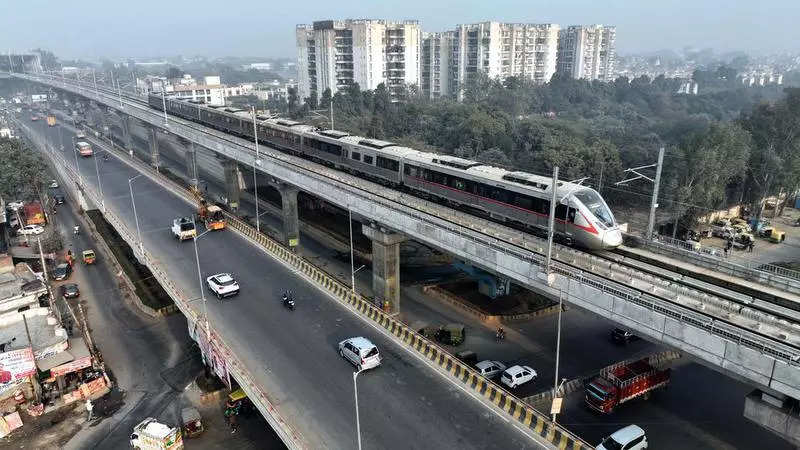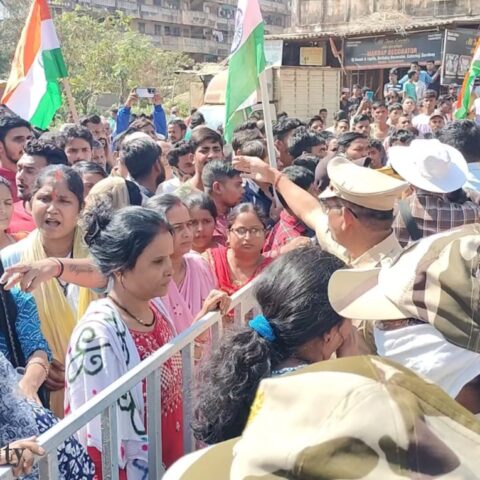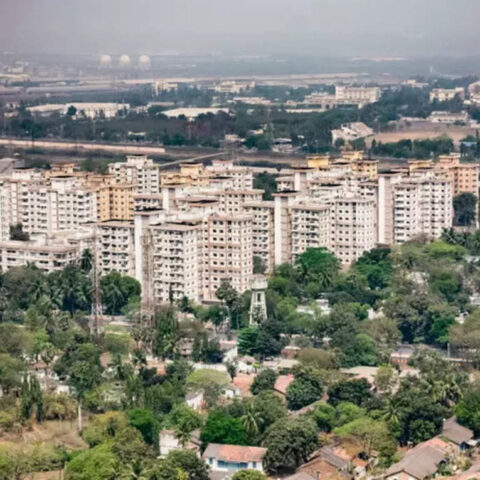
GHAZIABAD: Ghaziabad Development Authority (GDA) on Tuesday said it had resolved objections raised by residents on UP govt’s plan to implement the Transit Oriented Development Policy, (TOD), 2022.
This was the last procedure for the development authority, which is hoping to bring the policy into effect from next month. “We received seven objections from people related to the TOD policy. Now that they have been resolved and the GDA Board has given its approval, the policy is likely to be implemented in a month,” said Rakesh Kumar Singh, GDA secretary.
Earlier this month, the GDA Board had adopted the TOD policy, necessitating the feedback from people before its implementation.
Rolled out by the govt in 2022, the TOD policy covers areas in the vicinity of mass transit projects. Since the FAR is higher in these areas, it helps the respective development authority earn more revenue from projects coming up there. Land costs are also expected to be higher in areas covered under the policy because of the development around it.
In case of mass transit projects like Rapid Rail, areas within a 1.5km radius on both sides of the corridor are considered TOD zones. For intra-city mass transit projects like metro, neo-metro, metro lite, and Bus Rapid Transit System (BRTS), the TOD zone radius is 500m along the route.
TOD zones in the city will be along the 42km Rapid Rail stretch from Sahibabad to Modinagar North and the Blue and Red lines of Delhi Metro. While 9.3km of Red Line penetrates the city, only 2.6km of Blue Line is in Ghaziabad.
Asked how GDA planned to use the TOD policy to augment its revenue, chief architect and town planner Ajay Singh said, “FAR along TOD zones will be increased up to 5 from the existing 1.5. Areas along existing metro and RRTS corridors will be developed as mixed-land use based on the TOD policy. The new township, Harnandipuram, will see a complete makeover in terms of civic amenities and infrastructure push.”
According to a rough estimate prepared by GDA, it plans to earn around Rs 1,500 crore annually in revenue because of higher FAR and land costs in TOD zones.









